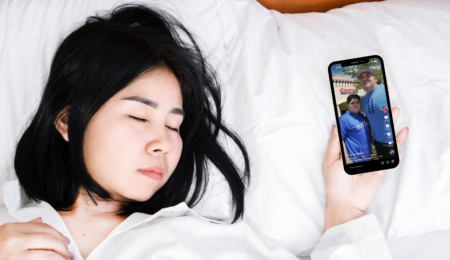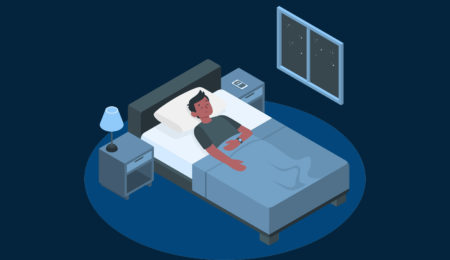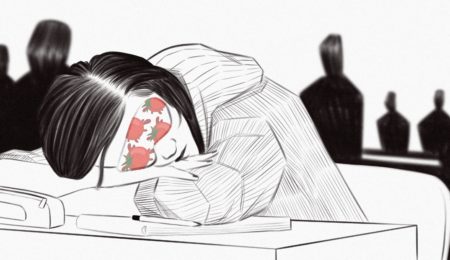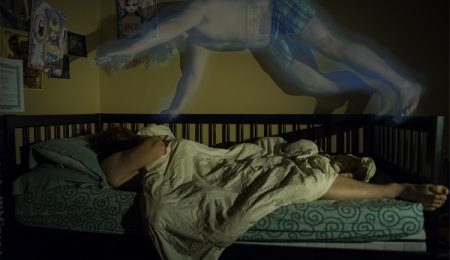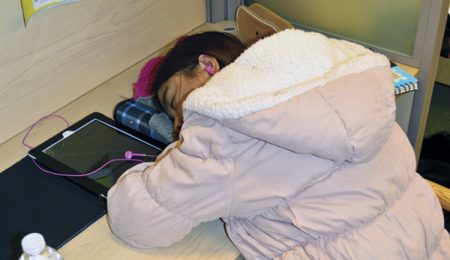What’s making it so hard for students to get a good night’s sleep? Could it be packed schedules, or is technology playing a bigger role than we realize?
sleep
“Sleep deprivation already changes something even before you realize that,” said U of O Professor Zhou Fang.
“I can’t be expected to fix my sleep schedule simply to attend lectures.” Horton said, echoing sentiments from the comments of the petition’s signatories.
Explorative research by Michael Murack finds that chronic sleep disruption causes depression in adolescents.
In the season’s spirit of giving, Fulcrum contributors weigh in on how to come out of your exams alive and on top.
Fogel’s latest research, published in the journal PLOS ONE, looks at the connection between sleep and memory. If you’re a student, athlete, or musician then it’s a study you won’t want to forget.
“If you’re all out of options, just sleep on the floor. I do it all the time.”
A new type of fitness products, branded Fitbit, promise to help you work towards a healthier you—but do they really work?
A former University of Ottawa student says she can trigger out-of-body experiences at will. The 24-year-old psychology grad approached her professor after a lecture on the phenomenon in 2012, claiming it was a regular experience for her and that she “thought everybody could do that.”
A guide to staying well-rested and well-read as you work your way through finals Photos by Jennifer Vo The recommended daily sleep for a student is six to eight hours. But who has time for that when there are midterms to study for, papers to write, and episodes of Duck Dynasty to catch up on? …
When something’s gotta give, sleep is often first to go—just look at the growing line-ups of students desperate for a caffeine fix at Second Cup.

